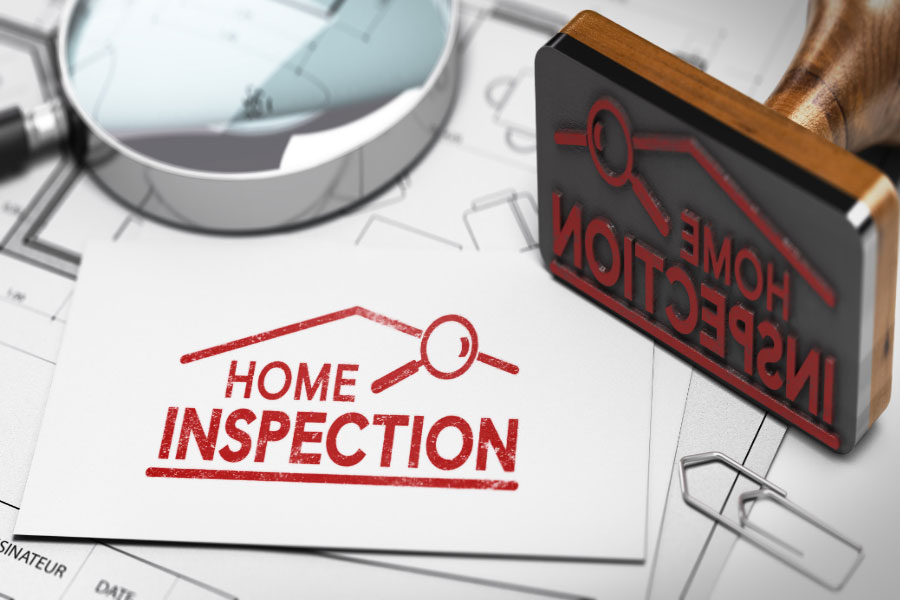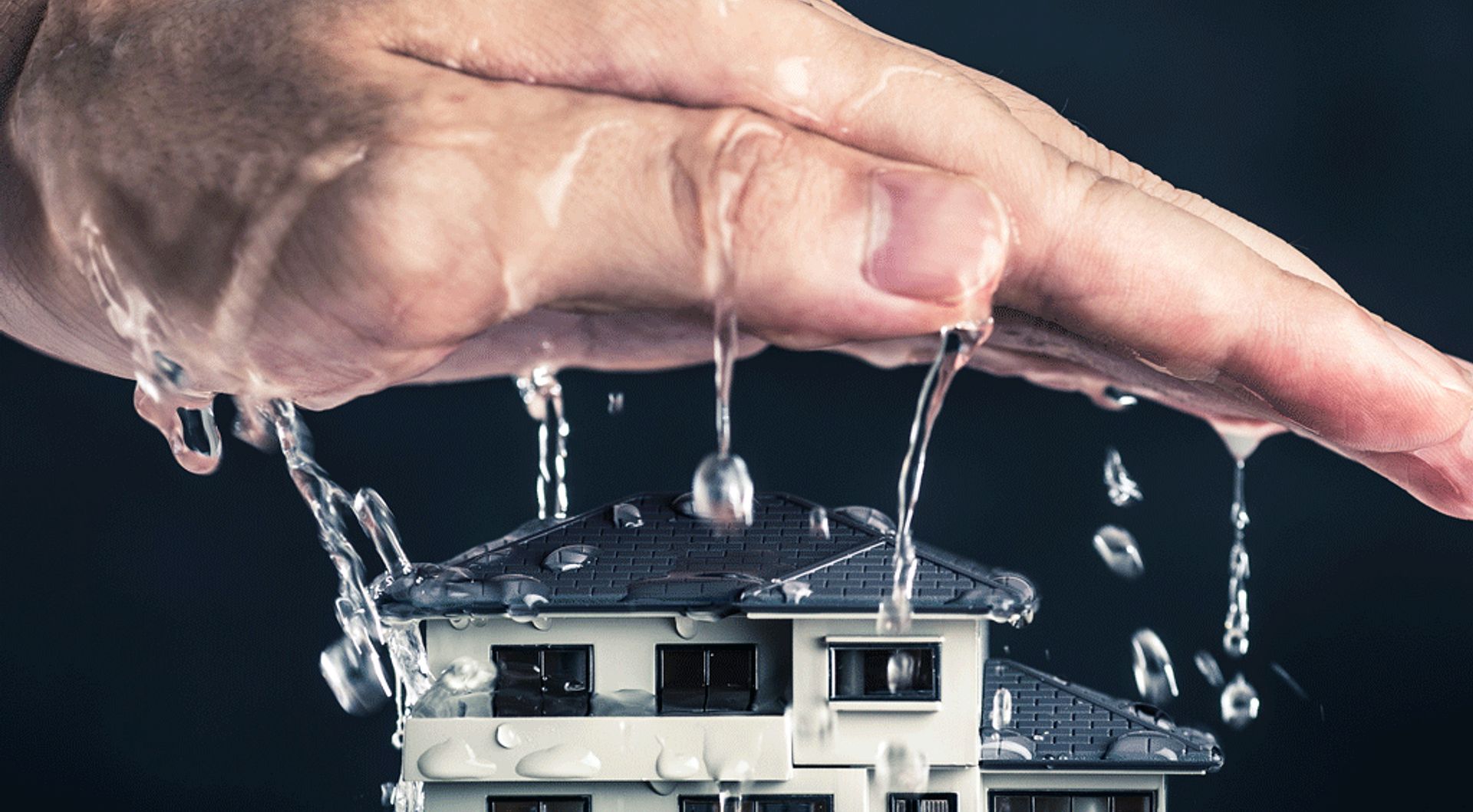Do you need to prepare for an upcoming home inspection?
Home inspections are normal preparatory steps that go into buying a house. But for first-time home sellers, the actual process can seem intimidating.
When it comes to preparing for an inspection of your home, more often than not, the buyer will be notified of any upgrades, replacements, or work needs you will need to carry out during the course of your home ownership. So don’t get caught off guard with a list of stuff you were unaware of.
Here are some of the common home inspection fails that you need to know and what you can do to avoid what may cost you.
Let’s get started!
Table of Contents
Improper Foundations
If a house is built with improper foundations, it can lead to a number of risks. The main risk is that the house could collapse or suffer a structural failure, leading to immense damage and financial risks.
To ensure that your home inspection reveals as few surprises and problems as possible, it is important to check for proper foundations. First, check your home for any visible and obvious signs of problems. Look for cracks in the foundation or walls that may appear to be buckling, separating, or sinking.
You should also check for any visible water damage or mold growth in the basement or other areas of the home. Check the soil around the home is stable. If it is not, consider having a professional soil test done to determine if it is suitable for your home’s foundation.
Check for any signs of erosion or water accumulation around the home. If there is evidence of improper drainage, it could lead to foundation issues down the line. Keep an eye out for signs of termites or other pests that could damage your foundation. If you find any of these issues, have a professional inspect and repair them before having your home inspected.
Overflowing Gutters
Overflowing gutters can reflect poor home maintenance. To do this, have your gutters professionally cleaned every few months, or at least, twice a year. Not only can this prevent gutters from overflowing, but it may also save you from potential repair costs.
Clean your gutters with a garden hose, then use a ladder to remove any blockages—leaf litter, debris, and nests. Install gutter guards to help protect debris from entering the gutter, then as-needed downspout extensions to get the water further away from your foundation. Regular checking of your gutters should be part of your yearly home inspection.
Defective Insulation
When preparing for a home inspection, it is important to inspect insulation and repair any defects beforehand. Most offices need the home to be energy efficient and up to code, and defective insulation can lead to higher energy bills and costly repairs.
To prevent this, inspect the walls and floors for any obvious damage and repair them if necessary. Check any exposed insulation, such as in garages and attics, ensuring any exposed surfaces are intact. Check the seals around windows and door frames and use sealant if necessary.
Inspect any ventilation systems, such as ducts and air heaters, to ensure air is flowing properly between rooms. Following these steps can help prevent repairs and ensure a safe and energy-efficient home.
Hidden Wiring Issues
If your home has hidden wiring issues, you could be putting your home and family at serious risk. Electrical fires are one of the leading causes of house fires, and with unchecked wiring, the likelihood of an electrical fire increases tenfold. These wiring issues may also be causing damage to other features in your home, such as appliances and lights.
It’s important to identify and address any hidden home electrical wiring issues before having a certified home inspector reveal them. Ensure outlets have the right capacity for the appliances that will be plugged in. Check to make sure all outlets have their covers on and inspect all wiring that comes in contact with an exterior wall.
Make sure the work has been done to the proper code standards. Check each outlet for any loose or exposed wires. Check for faulty switches or counter-switches.
Check if any new wiring follows code regulations and if any replacement wiring is up to code standards. Inspect outlets for any sign of overheating.
By staying up to date on these issues, your home inspection should go off without a hitch. Your home’s wiring will be ready to pass even the most stringent of inspections.
Unlevel Sinks and Countertops
Before a home inspection, it is important to avoid unlevel sinks and countertops. To do this, inspect your cabinets and countertops for instability and signs of past water damage. Make sure any cabinets and countertops are securely fastened to the wall and floor. Next, check for cracks, mold, or other sources of water intrusion around the sink and countertop area.
If any are found, use a sealant to protect the area from more water damage. To prevent unlevel countertops, use a level and make sure that any countertop is level before closing it. Check the sink itself and make sure that it is properly centered in the sink opening and set, requiring minor readjustments.
Malfunctioning HVAC
It is best to start with the basics. Replace any air filters inside the house; this will increase the efficiency of your system and reduce the chance of a malfunction occurring during the inspection. Check the refrigerant pressure levels in your air conditioning unit.
Too low can lead to issues with the compressor, while too high can mean the unit is overcharging. All your vents are clean and free of debris. This will ensure the air circulation is optimal and will give the inspector a better idea of the system’s condition. Have a professional HVAC technician come to inspect the system and make any repairs as necessary.
Home Inspection Fails Could Reduce Value
Too often, home inspection fails can cause the value of your property to drop. To avoid the risk of sudden devaluation, you should contact a knowledgeable home inspector to make sure your home is up to code and reaches its full potential value. Contact an expert today, and ensure the market value of your home is secured.
If you find this article helpful and want to read more great content, check the rest of our blogs.





